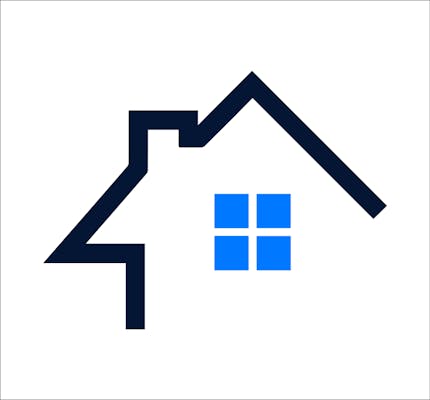Nov 18, 2021
You deserve a Mortgage that Doesn't Break the Bank.
As housing becomes ostensibly fraught with cut-throat competition & a multitude of baffling options, the person who desires to buy his own house for the very first time is often left flustered. Although there can be a lot of problems while searching for the perfect avenues to finance your house, there still can be no arguing against the fact that affordable mortgage options exist, and thus we'll be listing all of them in this article.
Hunting the perfect affordable mortgage: what's it like?
First-time home buyers may feel like they're in uncharted territory when it comes to their mortgage. However, if you've done your research and contacted your mortgage company, there is no reason to be nervous about the process.
All mortgage lenders are in business to promote home ownership rather than take advantage of home buyers. Here's our step-by-step guide to help you finance your first home purchase.
Finding a mortgage that fits your budget and needs can be intimidating and challenging if you're a first-time home buyer. To help you navigate the process, we've put together some helpful tips.
Step 1: Determine which home you can afford
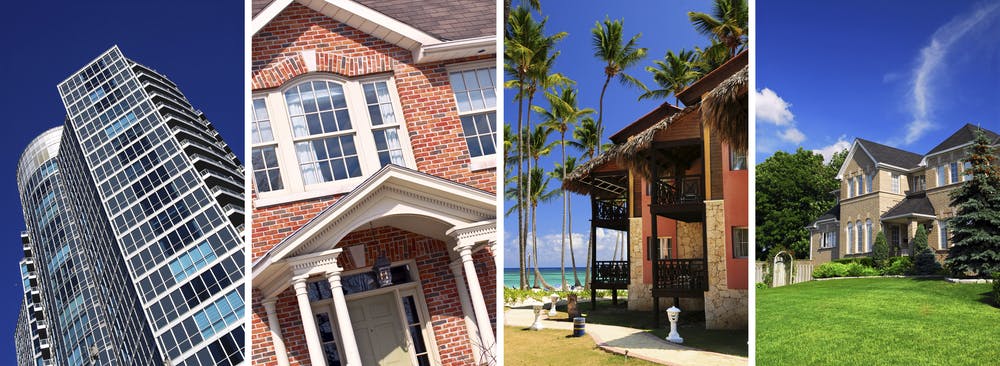
Many first-time home buyers underestimate how much they can spend on their mortgage because they don't know how to calculate mortgage affordability. To ascertain your mortgage affordability, consider this principle.
Make sure your monthly housing expenditures are less than 39% of your gross family income and your overall debt burden (including housing costs) is less than 44% of your gross household income.
The debt service ratios must align for this policy to be satisfied.
Step 2: Determine your down payment:
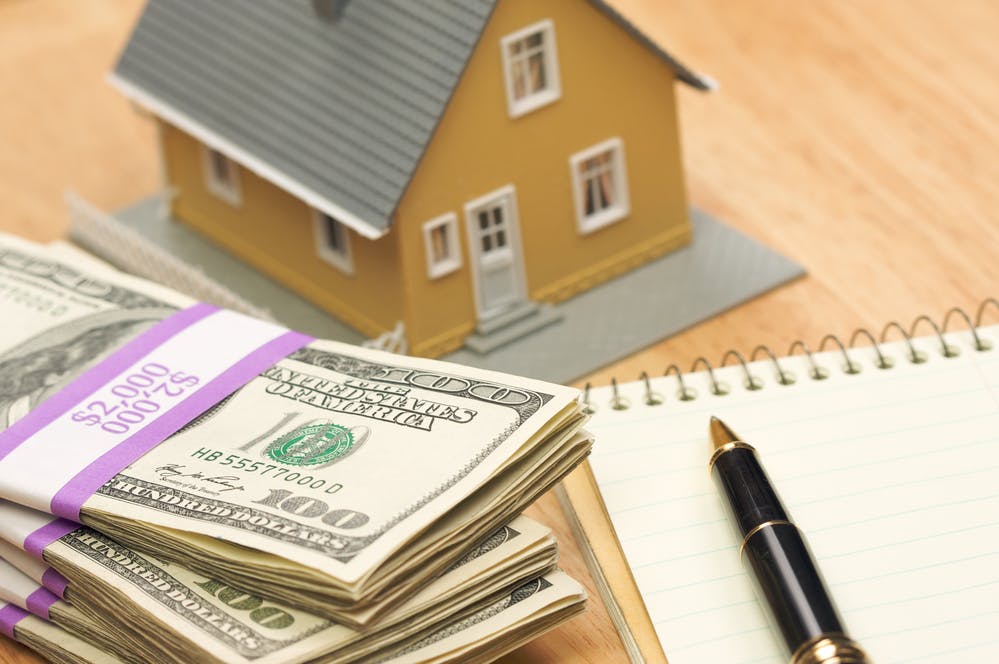
Lenders typically require a downpayment between 5% and 20% of the home's purchase price. You may be able to borrow the rest from a bank or another mortgage company.
If your down payment is less than $25,000, use the following calculation to determine your maximum purchase price:
Maximum Affordability = down payment of 5% of the purchase price.
If your down payment is $25,001 or more, you can use the following calculation to determine your maximum purchase price:
Maximum Affordability = (Down Payment Amount - $25,000) / 10% + $500,000
Let's imagine you have $50,000 in the bank for a down payment. The most you could spend on a property would be:
$750,000 = ($50,000 - $25,000) / 10% + $500,000
Any Mortgage less than a 20% down payment is a
high-ratio mortgage and requires you to obtain mortgage default insurance, often known as CMHC insurance since
Step 3: Know your credit score
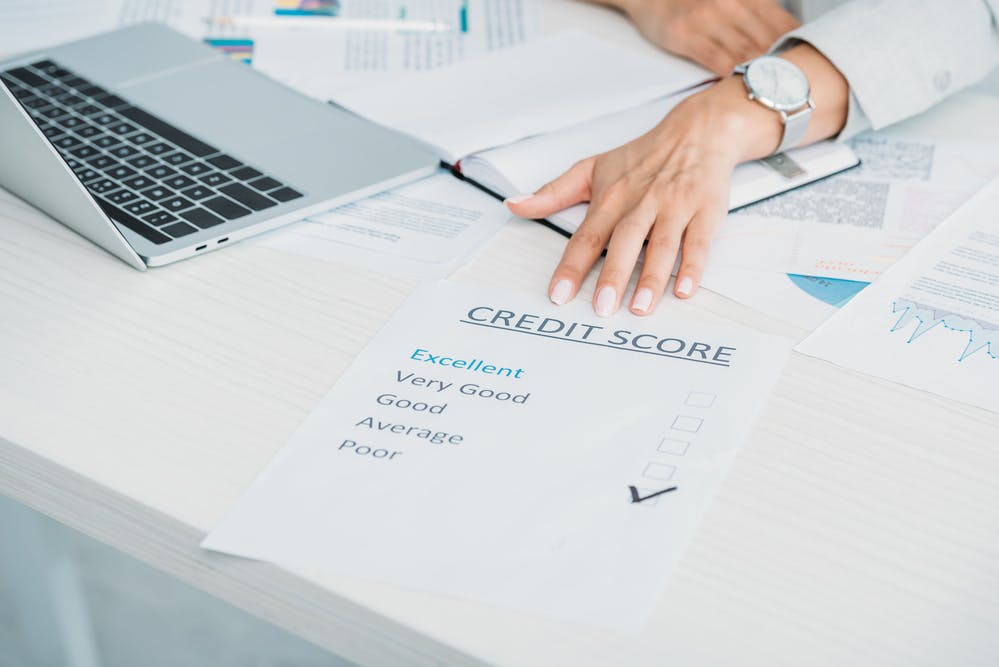
Check your credit score to help determine how much of a loan you qualify for and what your monthly payments will be. For example, if your FICO credit score is 700, you may be eligible for a loan with a lower interest rate and monthly.
Cash Requirement
In addition to your down payment and CMHC insurance, you should put aside 1.5 percent to 4% of the sale price for closing expenses, which are due on the day of closing.
Many home buyers overlook closing expenses when calculating their cash requirements.
Documents required to get qualified for a mortgage:
- Prior employment, bank statements, investment records, and credit history from your home country for 12 months, depending on your length of stay in Canada.
- It is preferable to have two different credit histories in Canada. Two credit histories can be obtained by using two credit cards, displaying a second loan, or completing various credit transactions.
- If there are two or more borrowers on the same application, be sure that each has its credit report.
4. Fill out a mortgage application
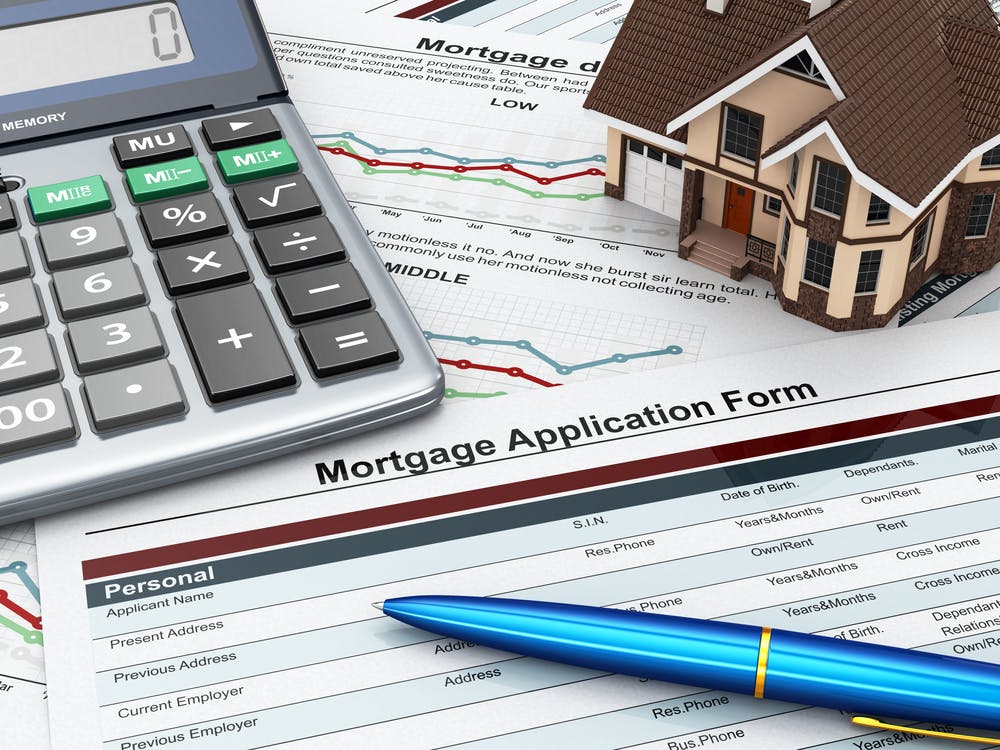
The final approval procedure might take up to a week if your mortgage application was pre-approved. But don't worry; your application will be given priority to satisfy the financing requirement deadline specified in your purchase contract.
5. Mortgage repayment

The majority of borrowers take out a mortgage with a 25-year repayment schedule. Extra payments are usually possible, which will assist in lowering the amortization and the length of the loan.
You may lose your house if you default on a mortgage payment and continue to default.
If you opt to sell your home/property before paying off your mortgage, the proceeds will be used to pay down your mortgage balance, with any remaining funds being returned to you as equity in the property.
Keeping up with financial obligations when purchasing a home might be difficult. As a first-time home buyer in Canada, be sure your financial adviser or mortgage expert is competent, experienced, and well-versed in the house-buying process. And, after you've located the home or property you want to purchase, make sure you work out all the specifics with a reputable financial advisor because you'll be in it for the long haul.
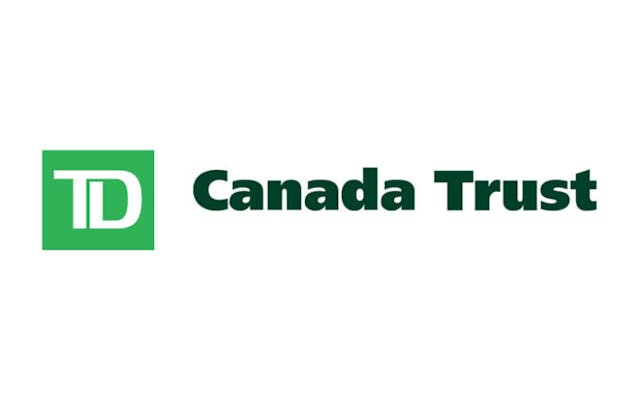
![[object Object]](https://images.prismic.io/ratelockca/68e3ecbe-0833-4383-b8a9-12ab7f8f384e_BlueShore+Financial+800x500.png?auto=compress%2Cformat&w=1000&h=400)
